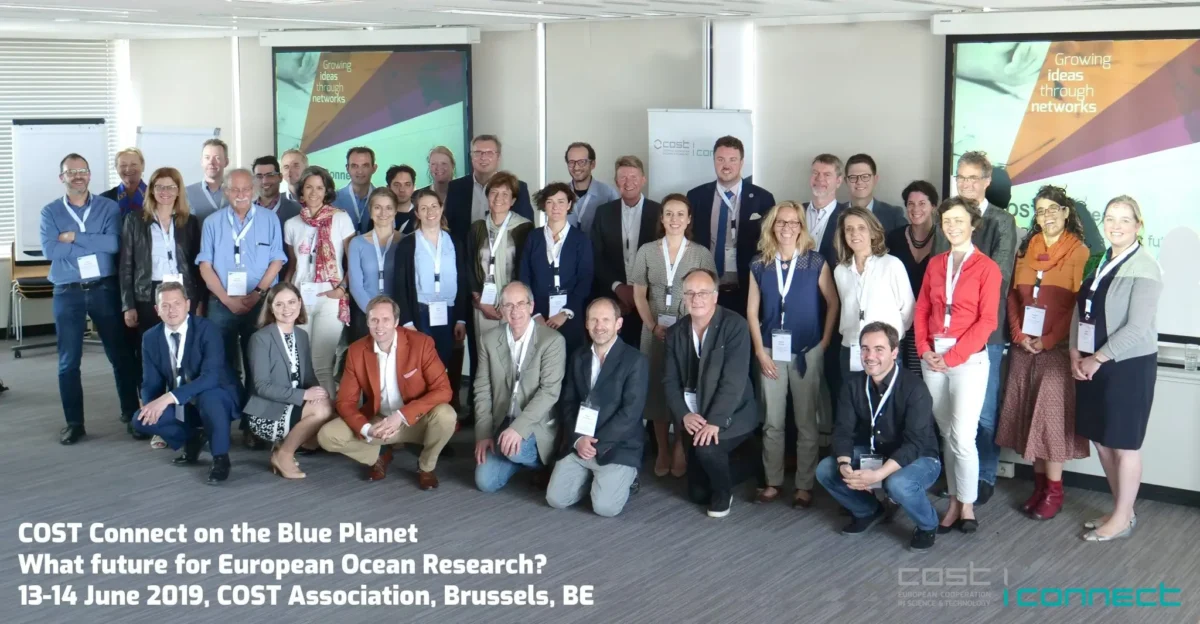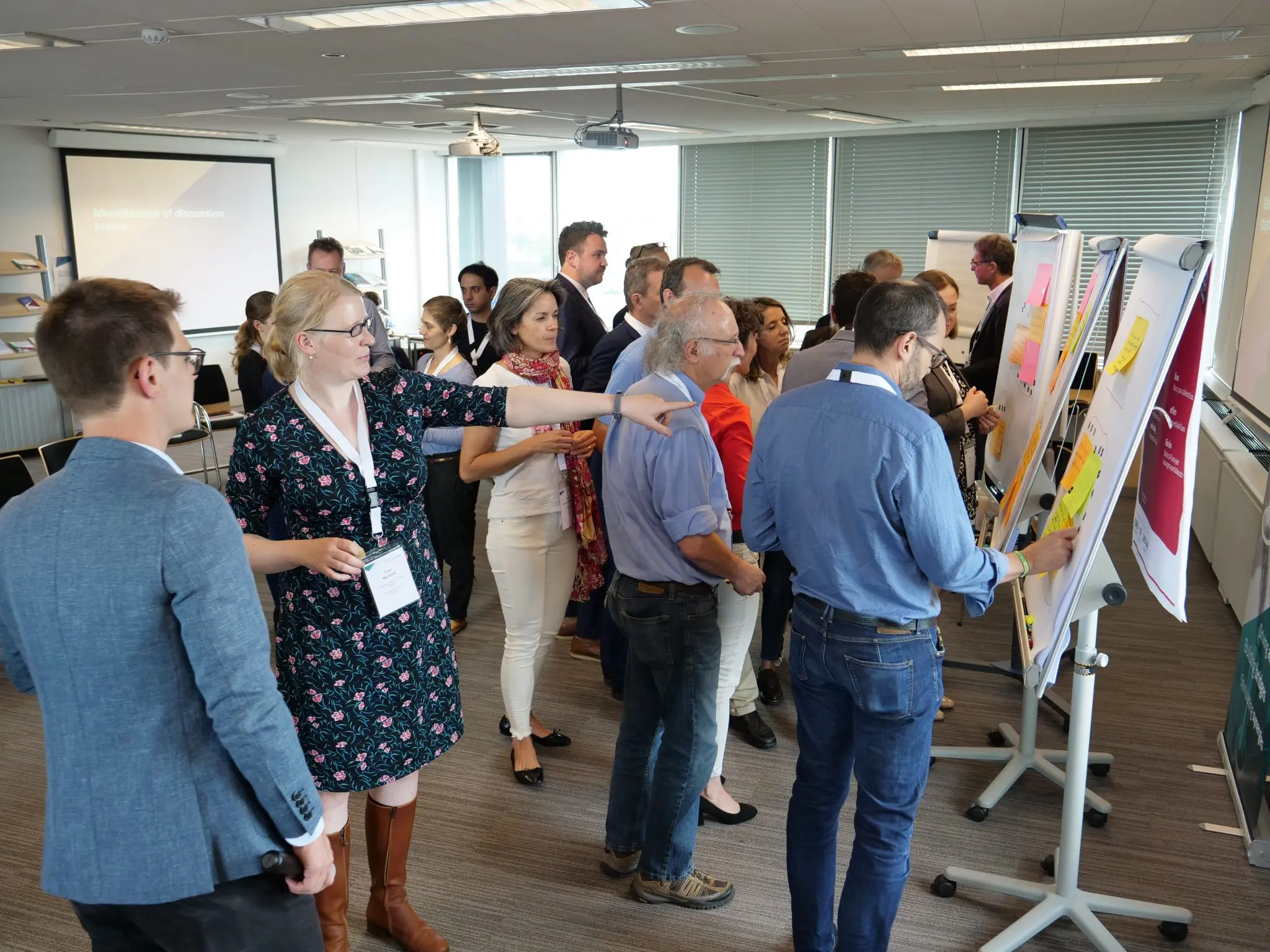“More than 70 % of the Earth is covered in water. We need to keep bringing minds together to fully grasp how to better harness and protect this potential” according to Dr Ronald de Bruin, Director of the COST Association, when opening the COST Connect on Oceans on 13 June 2019.
This two days’ workshop event aimed at gathering and sparking debate amongst researchers, policy makers and other stakeholders active in the wider field of oceans.
This COST Connect event provided a key opportunity for COST Actions to present their main findings and jointly explore effective ways to tackle challenges in the future. COST networks not only contribute to the oceanic drivers on the impacts of global change, but also increase the understanding of the function of marine ecosystems and their response to climate change. These networks cover a wide range of disciplines, from marine renewable energy, ocean governance, marine geosciences, to environmental monitoring, biogeochemical cycles, and natural disasters.
In line with the multi-disciplinary approach, this workshop reflected on the topic of Ocean Research through an array of existing research perspectives related to the blue economy. This crucial topic remains a priority on the European R&I agenda, as underlined by Mr Jyrki Suominen, Deputy Head of the Healthy Oceans and Seas Unit in DG RTD. In his presentation, Mr Suominen explained that the European Commission’s next Research and Innovation programme identifies “Healthy oceans, seas, coastal and inland waters” as one of its highly ambitious missions. This new mission also contributes to the United Nations Decade of Ocean Science for Sustainable Development (2021-2030).
As for future focus, some key areas for improvements have been identified and include, amongst others:
- The need to improve open data policy in marine science, in order to grasp the full potential of the wide variety of data which is gathered across Europe and the world;
- The importance of creating new platforms to foster collaborations between research and industry;
- The relevance of tapping into data heritage and history to improve our communication about the impact of human habits on the environment;
- The need to combine social and natural sciences in the field of ocean research in order to create a better understanding on how to tackle the sustainability question.
Thanks to the interactive format of the event, participants had the opportunity to discuss, during three Pro-Action Café rounds, the key challenges and main issues related to the future of European ocean research.
According to Prof Poul HOLM, Chair of COST Action “Oceans past Platform”: “The working groups of this COST Connect were very successful. We took the time to really debate the different issues, to further explore the concepts that we didn’t agree on at the start and managed to put forward new proposals on ways to develop a more sustainable use of our oceans”.
This COST Connect event has contributed to highlight and promote scientific success stories, enhance the mutual understanding and learning between researchers, policy makers and other stakeholders. Furthermore, the formation of new synergies and collaborations is a main desirable outcome. This event will feed into the ongoing discussions on Horizon Europe, and in particular the mission that is foreseen on ‘Healthy oceans, seas, coastal and inland waters’.
Read more about the COST Actions involved
- Impact of Fluid circulation in old oceanic Lithosphere on the seismicity of transfOrm-type plate boundaries: neW solutions for early seismic monitoring of major European Seismogenic zones
- Marine gas hydrate – an indigenous resource of natural gas for Europe
- Uncovering the Mediterranean salt giant
- Advancing marine conservation in the European and contiguous seas
- Ocean Governance for Sustainability – challenges, options and the role of science
- A pan-European Network for Marine Renewable Energy
- Evaluation of Ocean Syntheses
- Science and Management of Intermittent Rivers and Ephemeral Streams
- Accelerating Global science In Tsunami HAzard and Risk analysis
- Stem cells of marine/aquatic invertebrates: from basic research to innovative applications
- Oceans Past Platform

